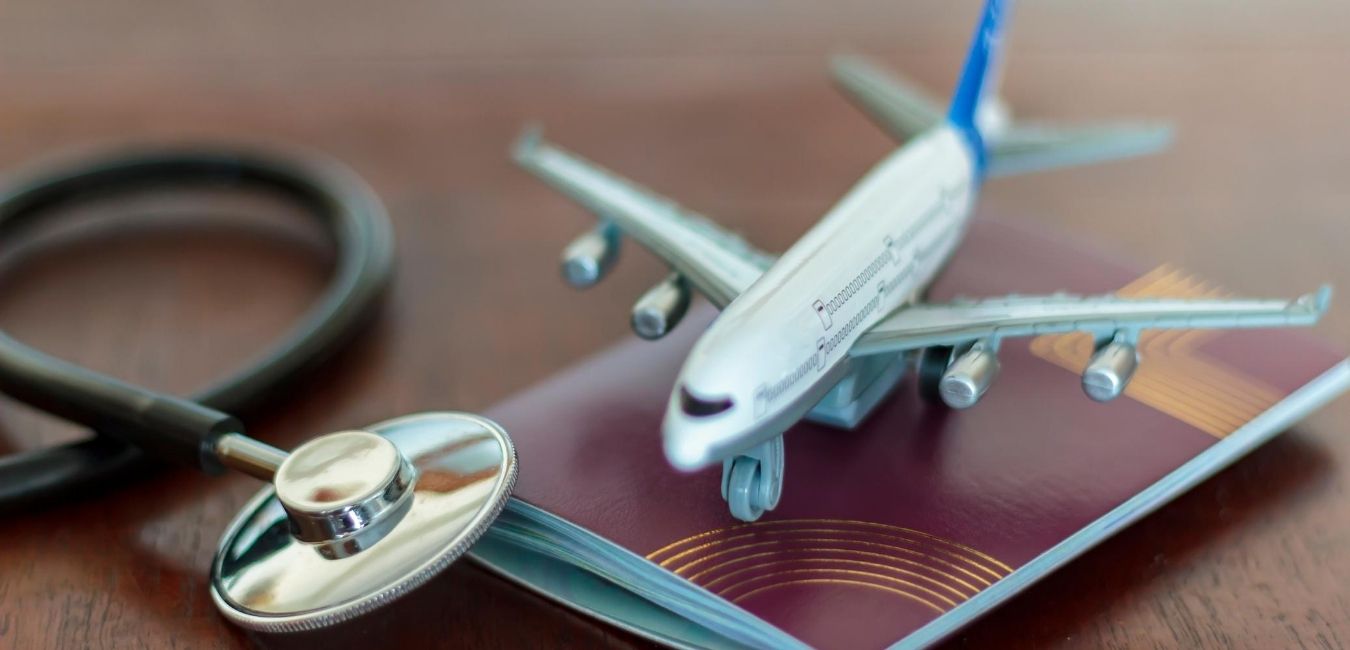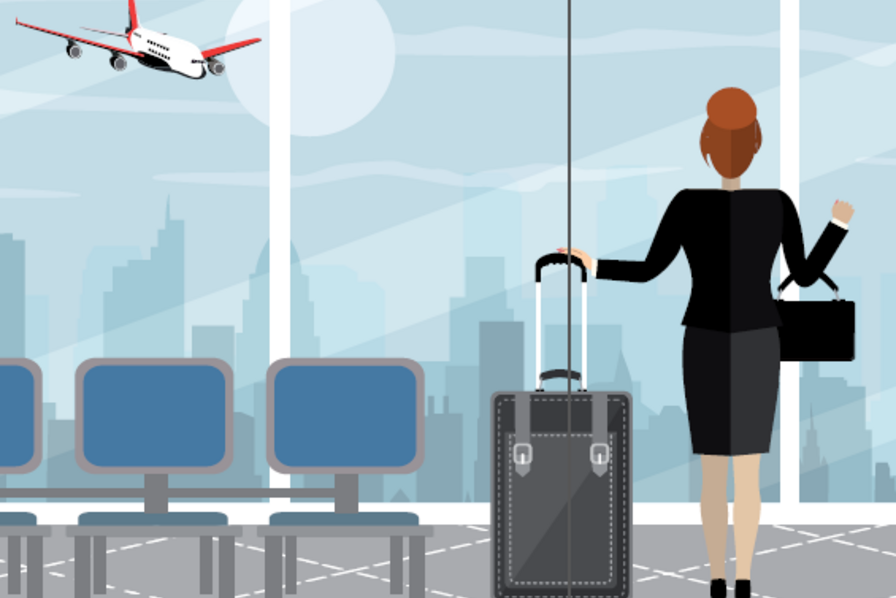By
Bent Johnson
Jun 20, 2023
By
Jun 20, 2023
Travel Insurance, Single Trip Insurance, Annual Trip Insurance, Emergency Medical Insurance, Snowbird Insurance
Yes, if traveling outside of your home province, you need travel insurance. Please share these stories with your loved ones to help ensure they have the coverage they need.
Traveling to the States
While vacationing with her family in Milwaukee, 9-year-old Madison and her family took a walk in a local park. During a sudden downpour, Madison slipped and fell on her arm. Alarmed by the intense pain and swelling, her parents rushed her to the hospital.
At the ER, the doctor attempted to cast Madison’s arm but was unsuccessful. She was finally able to set a cast after performing a closed reduction under general anesthesia. Madison was discharged from the hospital the next day with pain medication.
How much was paid by Madison’s provincial health plan? Provincial healthcare covered less than 1% of Madison’s medical fees, only $205.00! Without travel insurance, medical fees would have cost Madison’s family over $30,000.
By protecting themselves with a family travel insurance plan, they not only avoided undue stress but unnecessary debt as well. The amount paid by their travel medical insurance plan: $31,518.15
Traveling Within Canada
During his summer break from university, 25-year-old Alex flew to Unity from Toronto to help on his family’s farm. While painting a shed a week after he’d arrived, Alex slipped and fell from a ladder. He hit the ground at an awkward angle, fracturing his heel and a vertebra in his back.
Alex’s mom saw the accident happen and immediately called an ambulance. Alex was rushed to the hospital and admitted to the ER. After a thorough examination, doctors determined that Alex didn’t need surgery, but would require extended healing time. Alex was kept in the hospital for 4 days and discharged with the recommendation to get physiotherapy, a back brace and prescription medication.
Many Canadians traveling outside their home provinces aren’t aware that their provincial health care won’t cover them in an accident or medical emergency. Alex knew better; because he bought Emergency Medical Insurance, he saved over $2,000 on medical fees.
Relying on Coverage Through a Credit Card
40-year-old Kim was enjoying a Hawaiian cruise when she suddenly became ill. The onboard doctor determined it to be a severe kidney infection and was prescribed anti-inflammatories and antibiotics.
Kim diligently kept the medical bills to submit to her credit card company upon her return, but the claim was denied as she didn’t have the required forms filled out by the ship’s doctor.
This example demonstrates the importance of working with an experienced travel insurance professional to education the traveler of exactly what to do in case of a medical emergency.
Denied by Provincial Health Coverage and Group Benefits
Cara, a 36-year-old business executive, was traveling from BC to a trade convention in Quebec. She fell ill almost immediately and sought treatment in a clinic. The clinic refused her out-of-province health card and required her to pay upfront and in full.
She submitted her claim to her employer-sponsored group benefit plan, and the claim was denied… twice. While Cara made a full recovery, she was not able to recover any of her medical expenses.
If you’re relying on your group benefits to protect you when traveling outside of your province, please consider the following: Very likely when you started with your group benefits, you filled out a lengthy medical history or met with a physician for an examination – perhaps this was done years ago. There’s a chance your travel medical insurance claim may be denied by your group benefits plan if there has been a change in your health since the initial assessment. Upon the event of a travel medical claim, this might be determined to be a pre-existing condition and the claim denied.
So many Canadians choose to include adventurous activities into their travel plans. Simply relying on workplace, or credit card coverage, or even purchasing a medical travel medical insurance policy, may not be enough. The result of inadequate coverage may be financial ruin.
Planning a getaway can be stressful, especially when you factor in the many “unknown” possibilities. We’ve compiled some of the best tips to help you plan, book and enjoy your vacation at an owner-run property. 
As parts of the world begin to again welcome travelers, many Canadians are starting to book trips outside of their home province. It’s more important now than ever to understand the facts about emergency travel medical insurance.
There are many misconceptions about our provincial health insurance while traveling outside of your province. The fact is, Health Canada advises obtaining medical insurance:
Your provincial health plan only covers a small fraction of out-of-province medical expenses. Furthermore, Health Canada recommends:
Do you have travel insurance through your through your employer-sponsored benefits plan or your credit card? Health Canada says:
Lastly, Health Canada advises the following:
That’s why choosing an insurance broker who is well-versed in travel medical insurance will benefit you the most. Our insurance professionals at EasyInsure are able to determine your needs, help you choose a plan, clearly outline exactly what your coverage entails and provide you with the necessary actions in the event of a claim while traveling.
